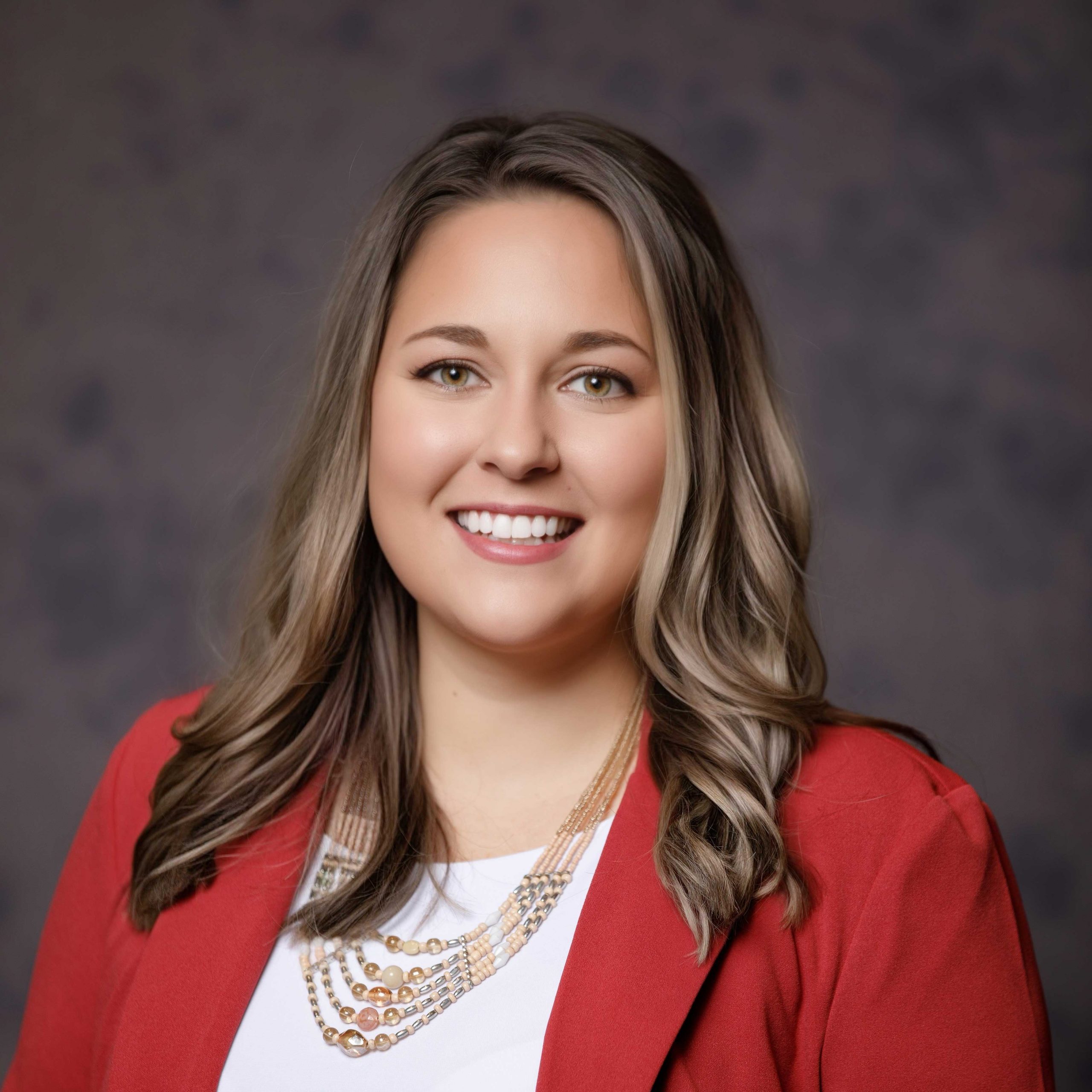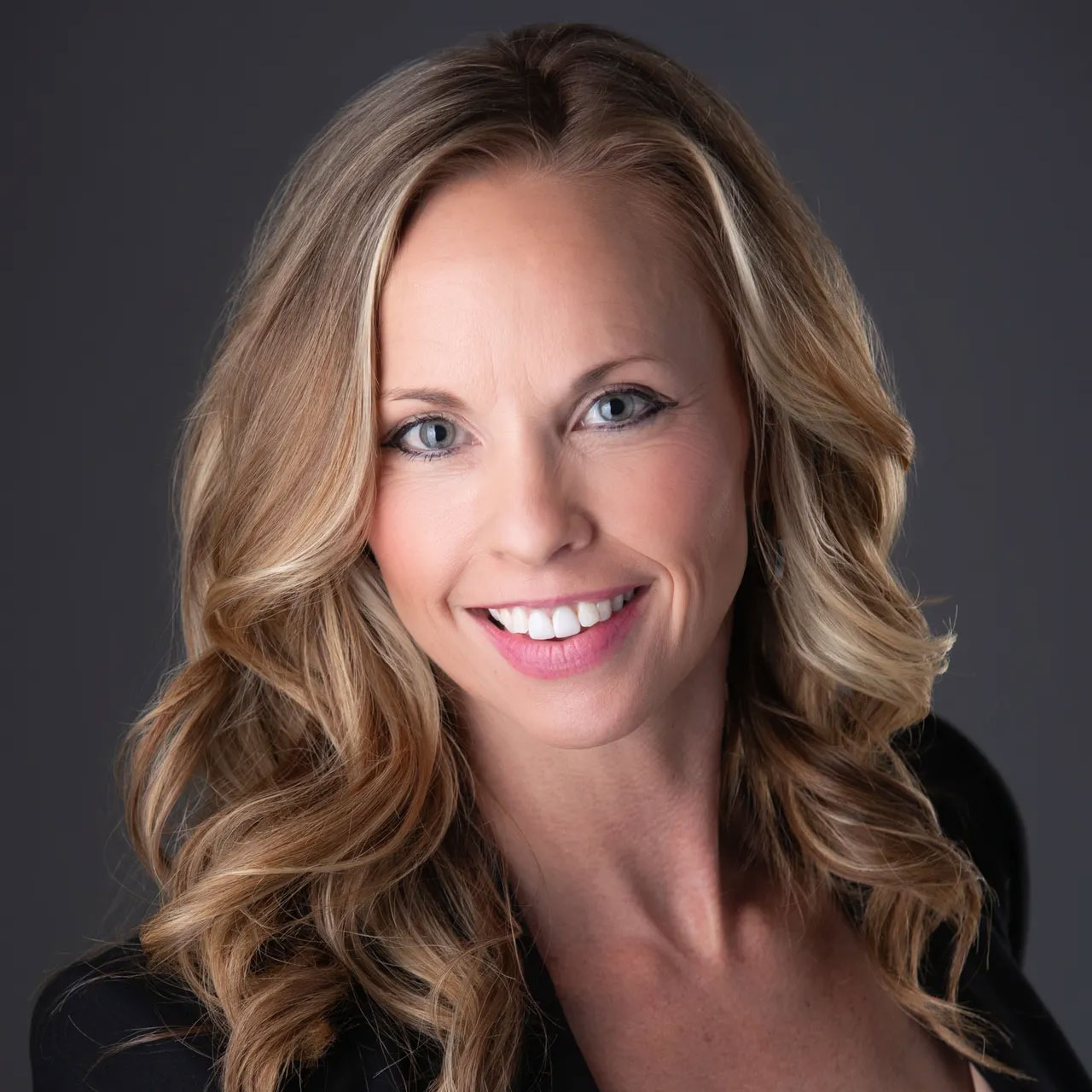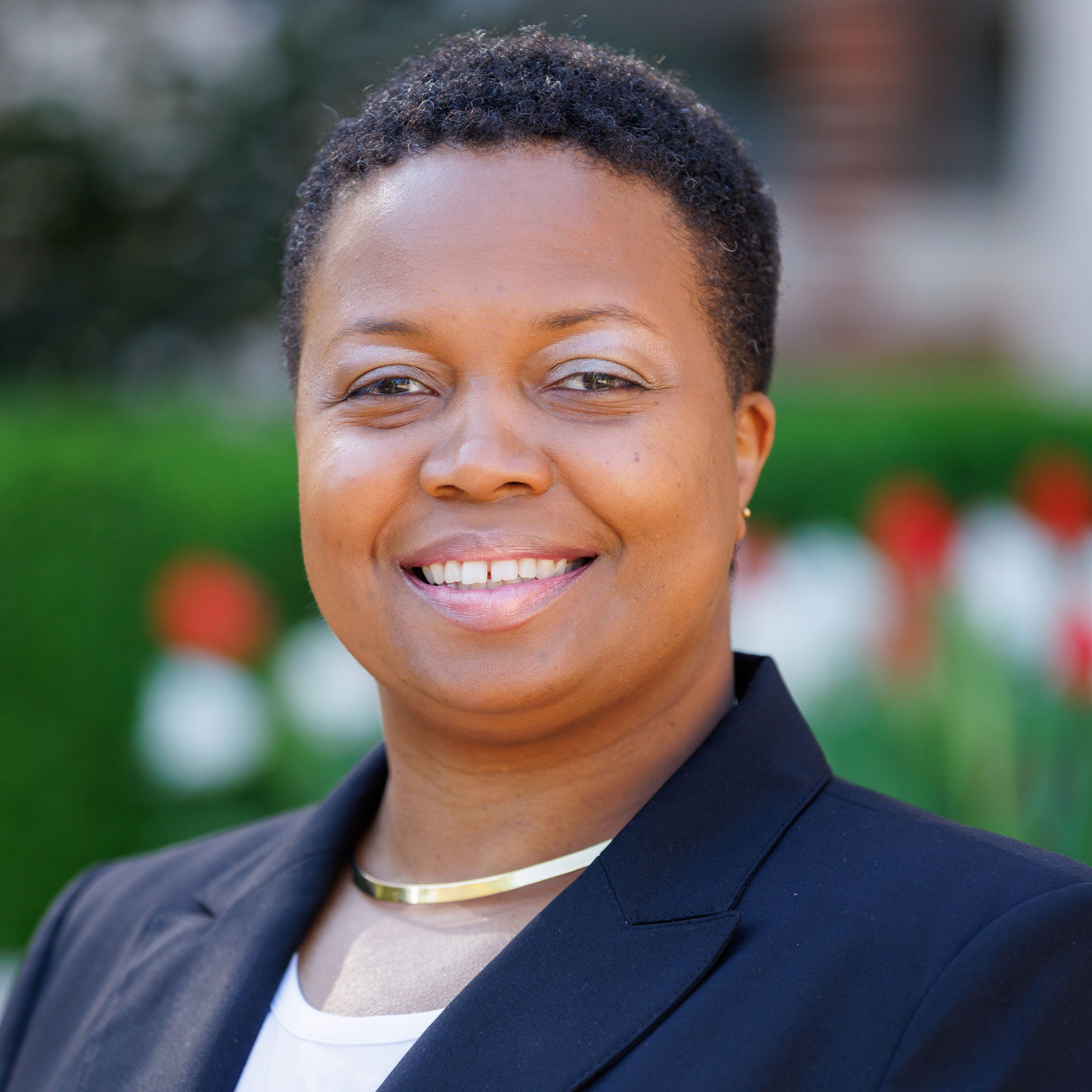In accordance with our accreditation agencies, Council for Accreditation of Counseling and Related Educational Programs (CACREP) and Council for the Accreditation of Educator Preparation (CAEP), the following information is provided on this website.
OVERVIEW
The philosophical bases from which the instruction, mentorship, and applied learning within the Program in Counselor Education are derived reflect a combination of pragmatism, social constructivism, and phenomenology. The philosophical framework of the program embraces preventive, developmental, and remedial efforts as meaningful responses by counselors to the human conditions of their clients. A variety of applied approaches to the process of change is examined and encouraged within a framework of practical and realistic expectations for the process of change. However, the basic commitment to facilitating optimum development of individuals, families, and communities throughout their life-spans permeates the efforts of students and faculty alike.
Consistent with the American Counseling Association mission statement, the Counselor Education Program aims at enhancing “the quality of life in society by promoting the development of professional counselors, advancing the counseling profession, and using the profession and practice of counseling to promote respect for human dignity and diversity.” –ACA Mission Statement
Program Coordinator: Dr. Junfei Lu

PROGRAMS
The programs with a lightning bolt are accredited by the Council for the Accreditation of Education Preparation (CAEP). For more information, please go to this link: https://education.ua.edu/student-resources/mapped-standards/ to see certification programs and courses with national teacher/educator certification standards.

InfoBCE Virtual (Zoom) Inquiry Meetings (2024-2025): Feb. 6, March 6, April 3 and May 1 (4-5 p.m. CT)
If you plan to attend any of the meetings, please email Mikayla Cain (mmcain2@ua.edu).
Application Deadlines
All Application to the Counselor Education Programs are made through Graduate School. The application deadlines for the various programs in Counselor Education are as follows:
MA in Clinical Mental Health Counseling, MA in Rehabilitation Counseling, MA in Counselor Education (with certification in School Counseling), and EDS in Counselor Education
In addition to the minimum Graduate School admission requirements, admission decisions are made based on submitted application materials. The following materials are required for the application to be considered complete:
In addition to the minimum Graduate School admission requirements, to be considered for regular admission an application must include:
- CV/Resume
- A Statement of Purpose. In the Statement of Purpose, applicants should discuss:
- Your interest in pursuing an MA degree in a chosen counseling specialty area (e.g., clinical mental health counseling, school counseling, rehabilitation counseling) and related career goals.
- Your aptitude (e.g., skills, traits, and/or previous experiences) for graduate-level study in a digitally delivered program (see Statement on Digital Delivery).
- Your approach to working with a range of populations and respect for cultural differences.
- At least two letters of recommendation (three preferred) from persons who can attest to the applicant’s potential for success as a counseling graduate student.
- Official transcripts from all college-level coursework and degree programs.
The admission deadlines for each academic semester are as follows:
February 15th
FallOctober 15th
SpringFebruary 15th
SummerApplicants can expect a response to their application materials within a month after the deadline.
PhD in Counselor Education and Supervision
Cohort admission decision for Fall of each academic year are made at the follow deadlines:
December 15th
Priority Deadline**Applicants who apply to the priority deadline will be able to compete for graduate assistantships.
March 15th
Final DeadlineApplicants can expect a response on their application materials within one month after the deadline.
Faculty reserve the right to revisit the application pool after final decisions in the event spots remain available, although applicants who submit their materials after the deadline should expect their applications to be denied admission or requested to be reviewed in the subsequent review period.
In addition to the minimum Graduate School admission requirements, the information below is needed for the application to be considered complete:
- CV/Resume
- A Statement of Purpose containing (a) applicant’s reasons for seeking a Ph.D. in Counselor Education and Supervision; (b) the applicant’s aptitude (e.g., skills, traits, and/or previous experiences) for graduate-level study in a digitally delivered program (see Statement on Digital Delivery); and (c) the applicants’ approach to working with a range of populations and respect for cultural differences.
- At least two letters of recommendation (three preferred) from individuals (e.g., former professors, clinical supervisors) who can attest to the applicant’s potential for success as a Counselor Education doctoral student.
Finally, an applicant for doctoral study must:
- Possess a completed master’s degree in Counselor Education
- When necessary, complete supplemental master’s-equivalency courses to comply with the CACREP-accredited course of study for the master’s degree in Counselor Education
- Successfully complete a pre-admission doctoral interview for formal pursuit of the doctoral degree in Counselor Education
Admission decisions are made based on submitted application materials and an applicant interview with the admissions committee. After reviewing application packets, the Admissions Committee, which is comprised of program faculty members, will schedule applicant interviews. Dates and times of interviews will be determined and communicated to potential candidates by program faculty.

ACCREDITATION
All the programs in the Program in Counselor Education are accredited by the Council for Accreditation of Counseling and Related Educational Programs (CACREP). Accreditation means that the accredited programs are recognized nationally as having met standards of the counseling profession. All graduate degrees affiliated with training in School Counseling are certified by the State Department of Education (SDE) for the State of Alabama. The School Counseling program is also accredited by the Council for the Accreditation of Education Preparation (CAEP). In addition, our counselor education program is a recognized member of International Registry of Counselor Education Programs through promoting the ongoing development and recognition of the counseling profession worldwide.

MISSION STATEMENT
The mission of the Program in Counselor Education at The University of Alabama is to educate a diverse population of students. The priority of the faculty is to train competent, ethical, culturally sensitive, and knowledgeable practitioners and educators.
ACA Code of Ethics Requirement
Prior to enrollment in the Program in Counselor Education at The University of Alabama, you must read the American Counseling Association (ACA) Code of Ethics and sign a ACA Code of Ethics Student Agreement. This consent must be signed by all students enrolled in Counselor Education classes at the University of Alabama. These two required steps demonstrate your obligation to use the ACA Code of Ethics as your guide for your actions with clients, student colleagues, and fellow professional counselors. If there are questions related to the ACA Code of Ethics, you must address them with your academic advisor. Failure to comply with the ACA Code of Ethics could affect your continued enrollment in the Program in Counselor Education.

PROGRAM OBJECTIVES
Faculty will recruit, select, retain, and graduate a diverse population of students across all Counselor Education programs.
Students will demonstrate competence on our diversity, fairness and equity, collaboration, and reflective practice dispositions, endorsed by the College of Education.
Master’s-Specific Objectives
- Students demonstrate knowledge and develop skills in all eight CACREP common core curricular areas (i.e., professional orientation and ethical practice, social and cultural diversity, human growth and development, career development, helping relationships, group work, assessment, and research and program evaluation).
- Students demonstrate specific knowledge and develop skills in their selected areas of CACREP specialties (i.e., Clinical Mental Health Counseling, Rehabilitation Counseling, or School Counseling).
- Students demonstrate specific knowledge and develop skills competencies related to the following key performance indicators:
- Demonstrate knowledge of ethical and legal practice in the counseling profession in a multicultural and pluralistic society.
- Continuously enhance multicultural competence by heightening cultural awareness, knowledge, and skills to work in a multicultural and pluralistic society.
- Promote resilience and wellness across the lifespan.
- Become knowledgeable of various and current career development theories and relevant career counseling models.
- Become knowledgeable of counseling theoretical models and develop a personal theoretical orientation that is conducive to work with clients with diverse backgrounds.
- Demonstrate knowledge of various therapeutic factors and how they contribute to group effectiveness given clients’ diverse backgrounds.
- Demonstrate knowledge and skills in current assessment and measurement.
- Understand the importance of research in advancing the counseling profession, including how to critique research to inform counseling practice.
- Demonstrate skills regarding essential interviewing, counseling, and case conceptualization
Specialty-Specific Objectives
- Articulate the role and practice of the clinical mental health counselor (Clinical Mental Health Counseling).
- Advocate for integration and inclusion of individuals with disabilities, including strategies to reduce attitudinal and environmental barriers. (Rehabilitation Counseling).
- Articulate the role and practice of the school counselor. (School Counseling).
Doctoral-Specific Objectives
- Doctoral students demonstate knowledge and develop skills across five CACREP specific domains (counseling, supervision, teaching, research & scholarship, and leadership and advocacy)
- Students demonstrate specific knowledge and develop skills related to the following key performance indicators:
- Articulate best counseling practices and evaluate counseling effectiveness.
- The doctoral candidate will effectively demonstrate developmentally appropriate and ethical supervision with master’s level students
- Effectively demonstrate teaching content in Counselor Education.
- Demonstrate use of appropriate research methods and designs.
- Demonstrate advocacy skills and comprehend the role of advocacy in Counselor Education.

RESOURCES FOR CURRENT AND PROSPECTIVE STUDENTS
QUICK LINKS
SITE SUPERVISOR MATERIALS


LABS
Counseling Lab
The Program in Counselor Education includes usage of the Counselor Education Developmental Counseling Laboratory, a suite of counseling rooms on the third floor of Autherine Lucy Hall, accessible through Room 318. The Counseling Laboratory is a state-of-the-art facility that features digital recordings of pivotal counseling work samples from program entry through practicum work.

FACULTY
Dr. Demitrius Barksdale
Clinical Assistant Professor, Counselor EducationEmail: demitrius.t.barksdale@ua.edu


Dr. Millie Dawson-Hardy
Clinical Assistant Professor, Counselor EducationEmail: madawsonhardy@ua.edu





Dr. Matthew McKenzie
Clinical Assistant Professor Counselor EducationEmail: mbmckenzie1@ua.edu
Starts Fall 2025



Dr. April Upshaw
Clinical Assistant Professor Counselor EducationEmail: aupshaw@uwa.edu
Starts Fall 2025


